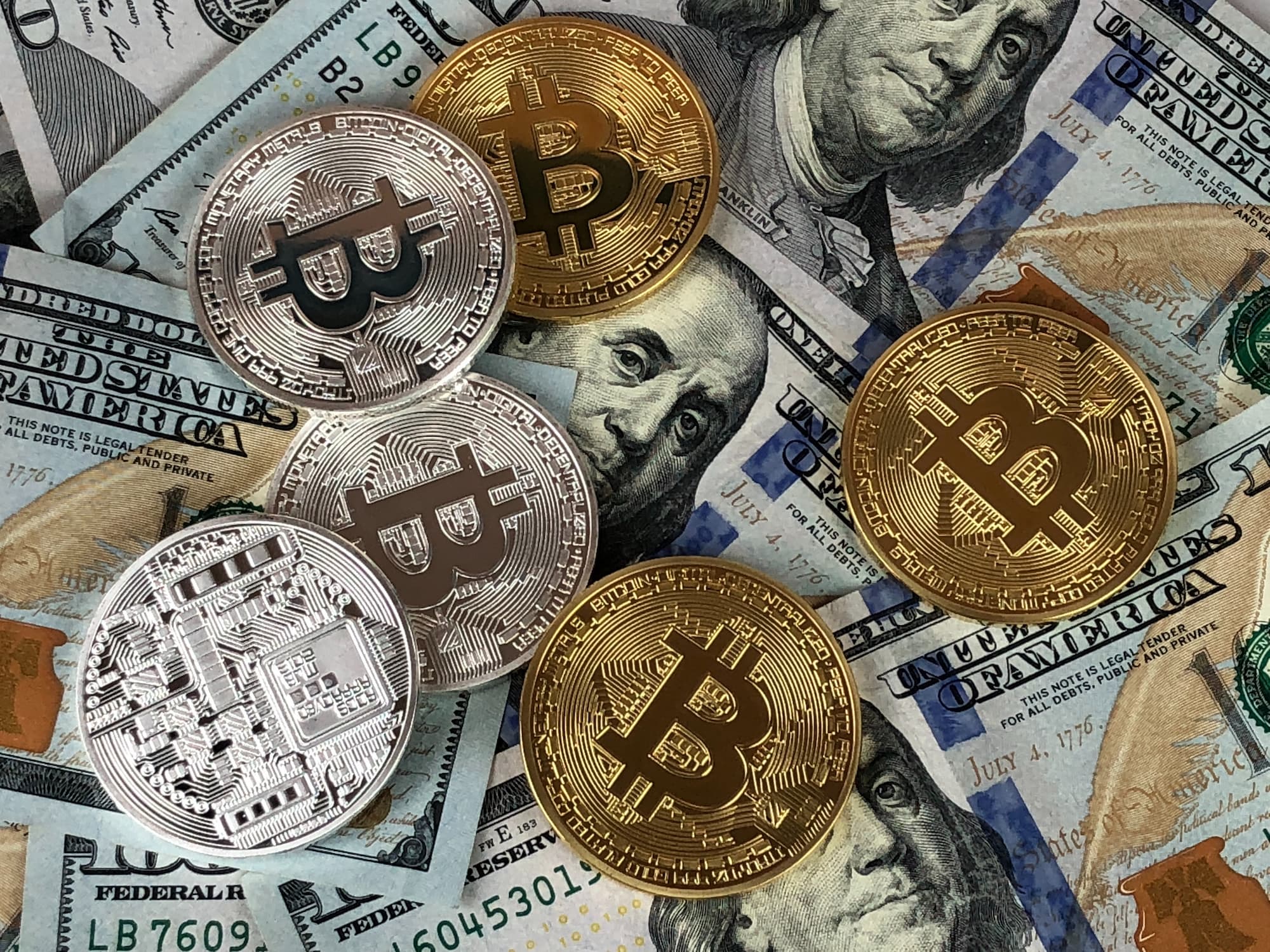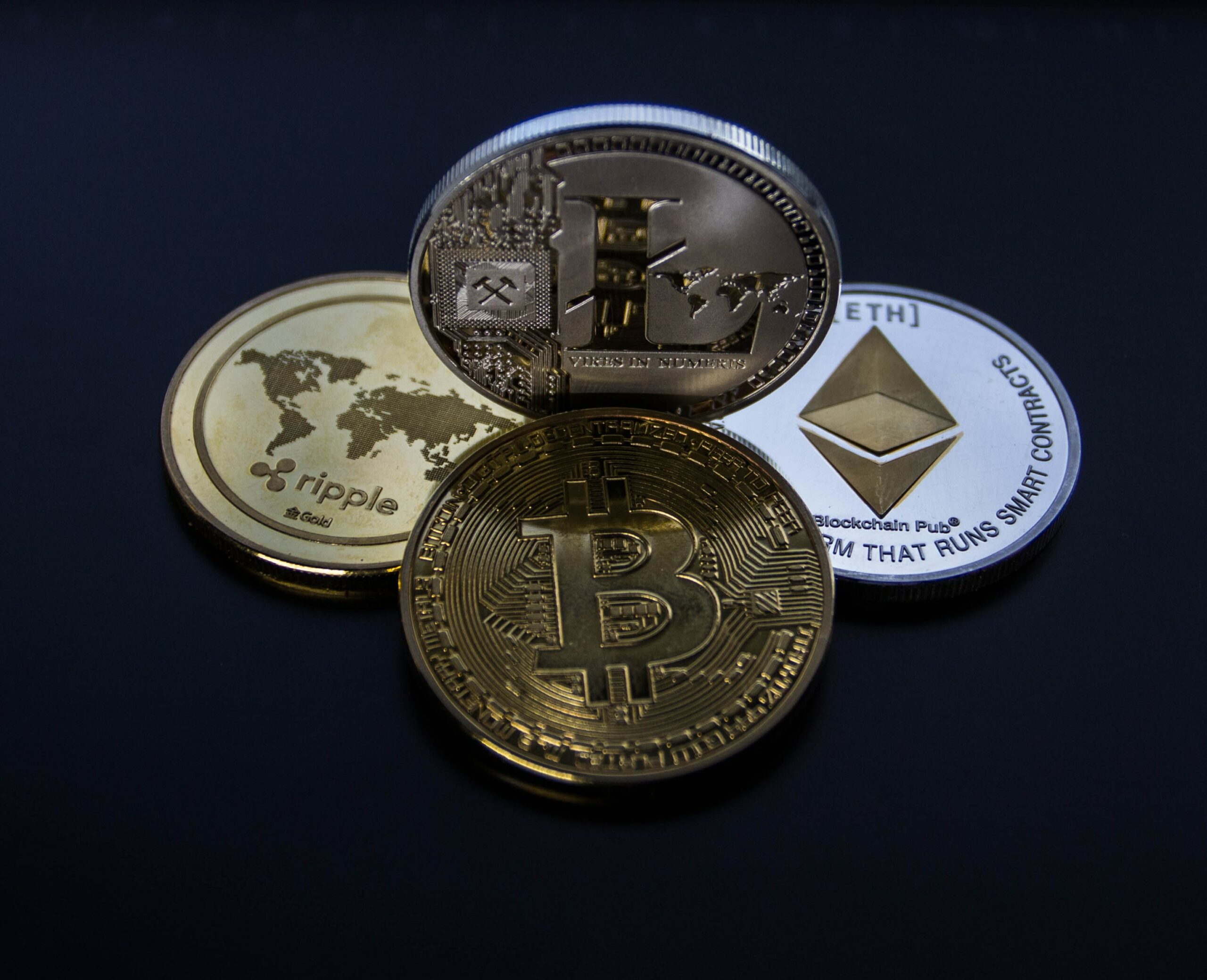DeFi is financial instruments in the form of blockchain-based services and applications. The main goal of decentralised finance is to become an alternative to the banking sector and replace the traditional technologies of the current financial system with open-source protocols. That is, to open up a large number of people to decentralised lending and new investment platforms, and allow them to generate passive income from cryptocurrency assets.
Most of the existing DeFi is built on the Ethereum blockchain, and the number of new applications in decentralised finance is steadily growing.
The pioneer among DeFi apps that have gained widespread popularity was MakerDAO, launched in late 2017. Since then, the total amount of funds placed in DeFi (TVL, Total Value Locked) has been growing steadily, and at an increasing rate.
DeFi makes use of various technologies developed in the blockchain field. All of them have applications outside of decentralised finance, but play an important role in the DeFi ecosystem.
According to a joint study by Wharton Blockchain and Digital Asset and the World Economic Forum, several components of what DeFi is can be identified.
First and foremost, DeFi projects are blockchains, distributed registries for recording transactions. Currently, most DeFi services operate on the Ethereum network because of its capabilities and popularity among developers. However, DeFi’s activity is also growing in other blockchains.
Then there are digital assets, i.e. DeFi tokens that represent value that can be sold or transferred on the blockchain network. “Bitcoin and other cryptocurrencies were the first blockchain-based digital assets. Others have a range of functions beyond payments,” the study notes.
The next component is wallets: software-based user interfaces for managing assets stored in blockchain. With a non-custodial wallet, the user has full control over their funds through private keys. In the case of custodial wallets, the private keys are managed by the service provider.
Another important blockchain in the ecosystem is smart contracts. This is blockchain-based software code that executes, monitors and documents relevant events and actions according to predefined conditions and rules.
Smart contracts create decentralised applications (Dapps), which are often integrated with the user interface using traditional web technologies, and decentralised autonomous organisations (DAOs): organisations whose rules are defined and governed by smart contracts.
DeFi management systems have software mechanisms sewn into them that manage changes to smart contracts or other blockchain protocols. They are often based on tokens that allocate voting rights to stakeholders.



